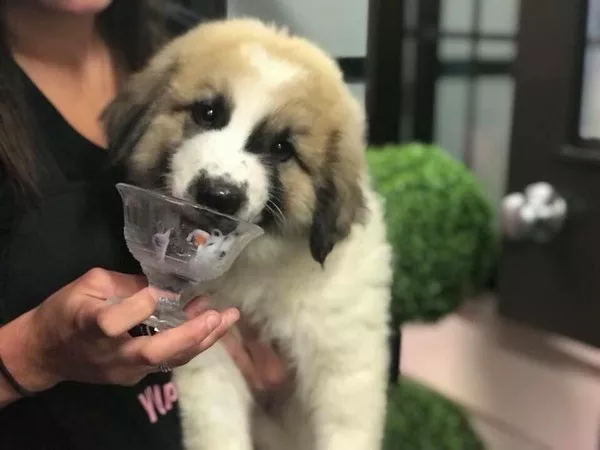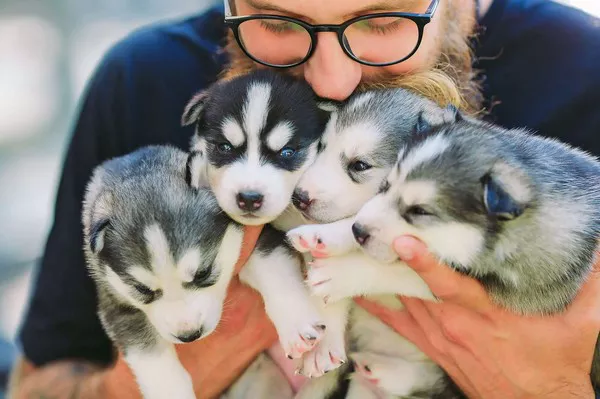Rabbits are herbivores with a delicate digestive system that requires a constant flow of fiber to function properly. Their diet should primarily consist of hay, supplemented with fresh vegetables and a limited amount of pellets. While hay is the cornerstone of a healthy rabbit diet, pellets provide additional nutrients and can be helpful in ensuring balanced nutrition. However, the question of whether rabbits can go a day without pellets arises frequently among rabbit owners.
This article delves into the dietary needs of rabbits, the role of pellets in their diet, and the potential consequences of skipping pellets for a day.
The Importance of Hay in a Rabbit’s Diet
Hay is the most crucial component of a rabbit’s diet, constituting about 80-90% of their daily food intake. It provides essential fiber that aids in digestion, promotes dental health by wearing down their continuously growing teeth, and helps prevent gastrointestinal issues like hairballs and stasis.
There are different types of hay available, with Timothy hay being the most recommended for adult rabbits due to its high fiber and low protein content. Alfalfa hay, richer in protein and calcium, is suitable for young, growing rabbits but should be limited for adults as it can contribute to weight gain and urinary tract problems.
Rabbits should have unlimited access to fresh hay at all times.
The Role of Pellets in a Rabbit’s Diet
While hay is fundamental, pellets can play a valuable role in supplementing a rabbit’s diet. They offer a concentrated source of vitamins, minerals, and protein that may not be sufficiently present in hay alone. However, it’s crucial to choose the right type of pellets and feed them in moderation.
Here are some factors to consider when selecting pellets:
Age: Choose pellets formulated for your rabbit’s age. Young rabbits require higher protein and calcium levels for growth, while adult rabbits need lower levels to prevent obesity and other health issues.
Fiber content: Opt for pellets with high fiber content (at least 18%).
Ingredients: Avoid pellets with added sugars, artificial colors, or fillers.
The amount of pellets you feed your rabbit should be limited to prevent overeating and obesity. Generally, for adult rabbits, 1/4 cup of pellets per 5 pounds of body weight is recommended.
Potential Consequences of Skipping Pellets for a Day
While hay is the most important dietary element for rabbits, skipping pellets for a day can have some consequences, depending on the individual rabbit and its overall diet.
Here are some potential risks:
Nutritional deficiencies: If your rabbit’s hay doesn’t provide all the necessary nutrients, skipping pellets could lead to deficiencies in vitamins and minerals.
Gastrointestinal issues: A sudden change in diet, even for a day, can disrupt your rabbit’s sensitive digestive system, potentially leading to diarrhea or stasis.
Weight loss: For some rabbits, especially young or underweight ones, missing a day of pellets might lead to weight loss.
However, if your rabbit is healthy, has a balanced diet with plenty of fresh hay and vegetables, and occasionally skips pellets for a day, it’s unlikely to cause significant harm.
See Also:Is Home Fresh Rabbit Food Good?
Alternatives to Pellets
If you’re concerned about the potential downsides of pellets or want to explore other options, there are alternatives to consider:
Increase hay variety: Offer your rabbit different types of hay, such as oat hay, meadow hay, or orchard grass, to provide a wider range of nutrients.
Focus on fresh vegetables: Provide a diverse selection of fresh, rabbit-safe vegetables like romaine lettuce, kale, parsley, and carrots. These offer additional vitamins, minerals, and hydration.
Consult a veterinarian: Discuss your rabbit’s dietary needs with a veterinarian to determine the best approach and ensure they receive all the necessary nutrients.
Conclusion
While rabbits can technically go a day without pellets, it’s not ideal to make it a regular practice. Pellets offer valuable nutrients that can be difficult to obtain solely from hay. However, the key lies in choosing high-quality pellets and feeding them in moderation.
Remember, hay should always be the primary component of your rabbit’s diet, supplemented with fresh vegetables and a limited amount of pellets. If you have any concerns about your rabbit’s diet or health, consult a veterinarian for personalized advice.
Related Topics:
What Are the Ingredients in Small World Rabbit Food?
What to Feed Wild Rabbits in Summer?
Is Star Grass Hay Good for Rabbits?



























